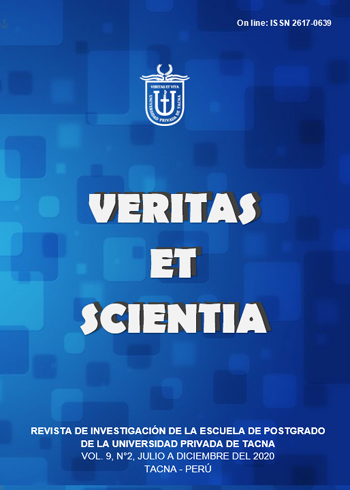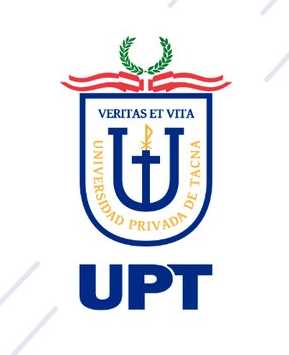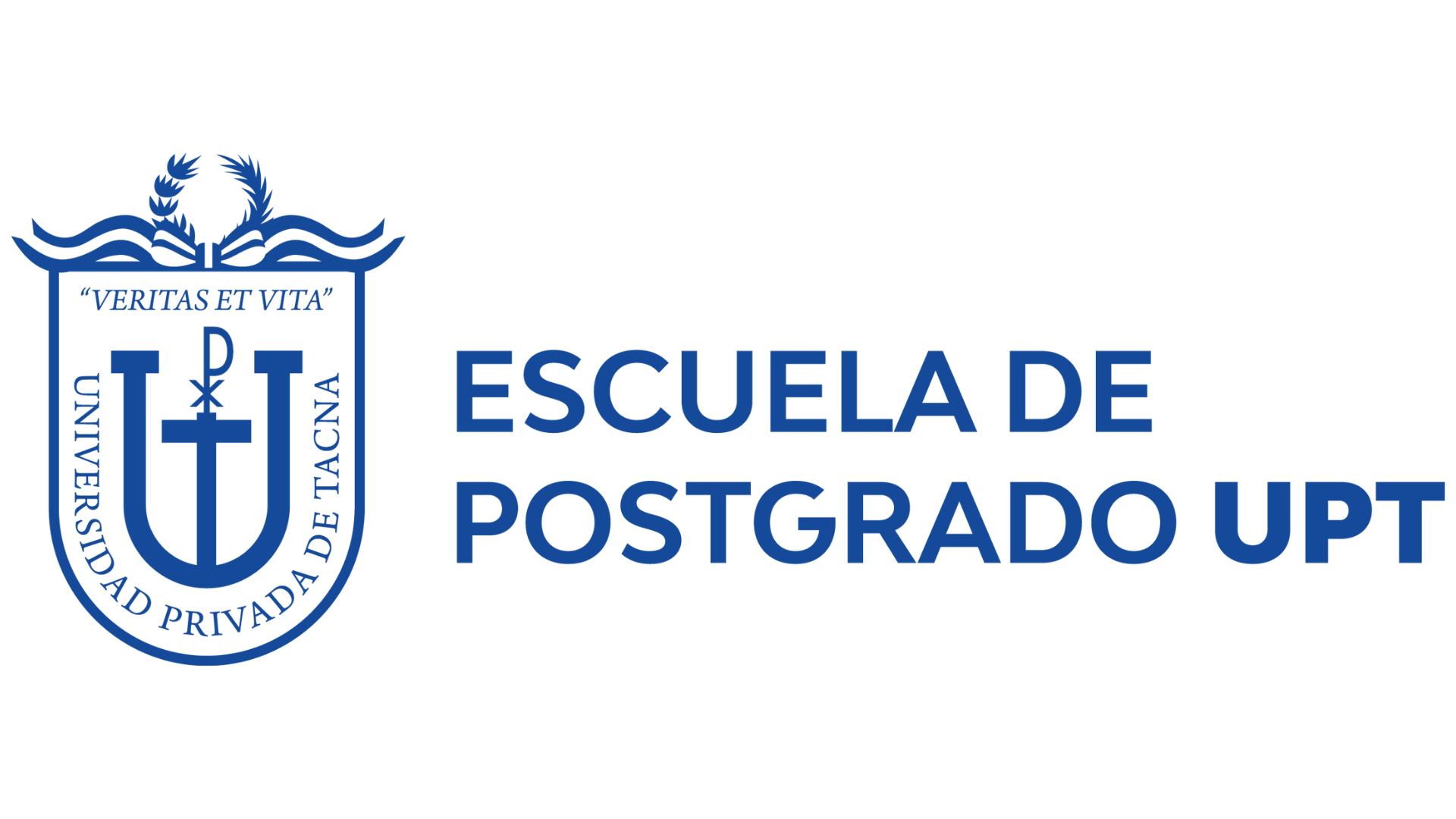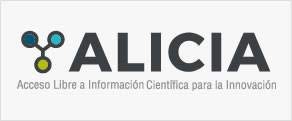Relación entre autoeficacia académica y autorregulación del aprendizaje en estudiantes de la carrera de tecnología médica
DOI:
https://doi.org/10.47796/ves.v9i2.392Palabras clave:
autoeficacia académica, autorregulación del aprendizaje, aprendizaje autorreguladoResumen
El presente estudio tuvo como objetivo determinar si existe relación entre autoeficacia académica y autorregulación del aprendizaje en estudiantes de la carrera de tecnología médica de la Universidad Privada de Tacna. La población estuvo conformada por todos los estudiantes de la escuela de tecnología médica de los cuales solo decidieron participar 92. Se utilizó el Inventario de Expectativas de Autoeficacia Académica y el Inventario del Aprendizaje Autorregulado. Resultados: la autoeficacia académica un 57% se siente seguro, mientras que en el aprendizaje autorregulado el mayor porcentaje se concentra en un nivel medio con 50%.Conclusión: al realizar la correlación de Spearman se encontró que existe una correlación positiva y moderada entre autoeficacia académica y el aprendizaje autorregulado en los estudiantes de la Escuela de Tecnología Médica de la Universidad Privada de Tacna en el año 2018 (Rho de Spearman ,479 (p valor 0.01)); al correlacionar la autoeficacia académica con las dimensiones de autorregulación del aprendizaje se llegaron a las siguientes conclusiones; autoeficacia académica con autorregulación de la estrategia ejecutiva mostro una correlación positiva y moderada (sig. Bilateral 0.01 y coeficiente de correlación ,449), al relacionarlo con autorregulación de la cognición mostro una correlación positiva y baja (sig. Bilateral 0.01 y coeficiente de correlación ,325), al relacionarlo con autorregulación de la motivación y afecto mostro una correlación positiva y baja (sig. Bilateral 0.01 y coeficiente de correlación ,398) y al relacionarlo con autorregulación del control del ambiente mostro una correlación positiva y baja (sig. Bilateral 0.01 y coeficiente de correlación ,385).












